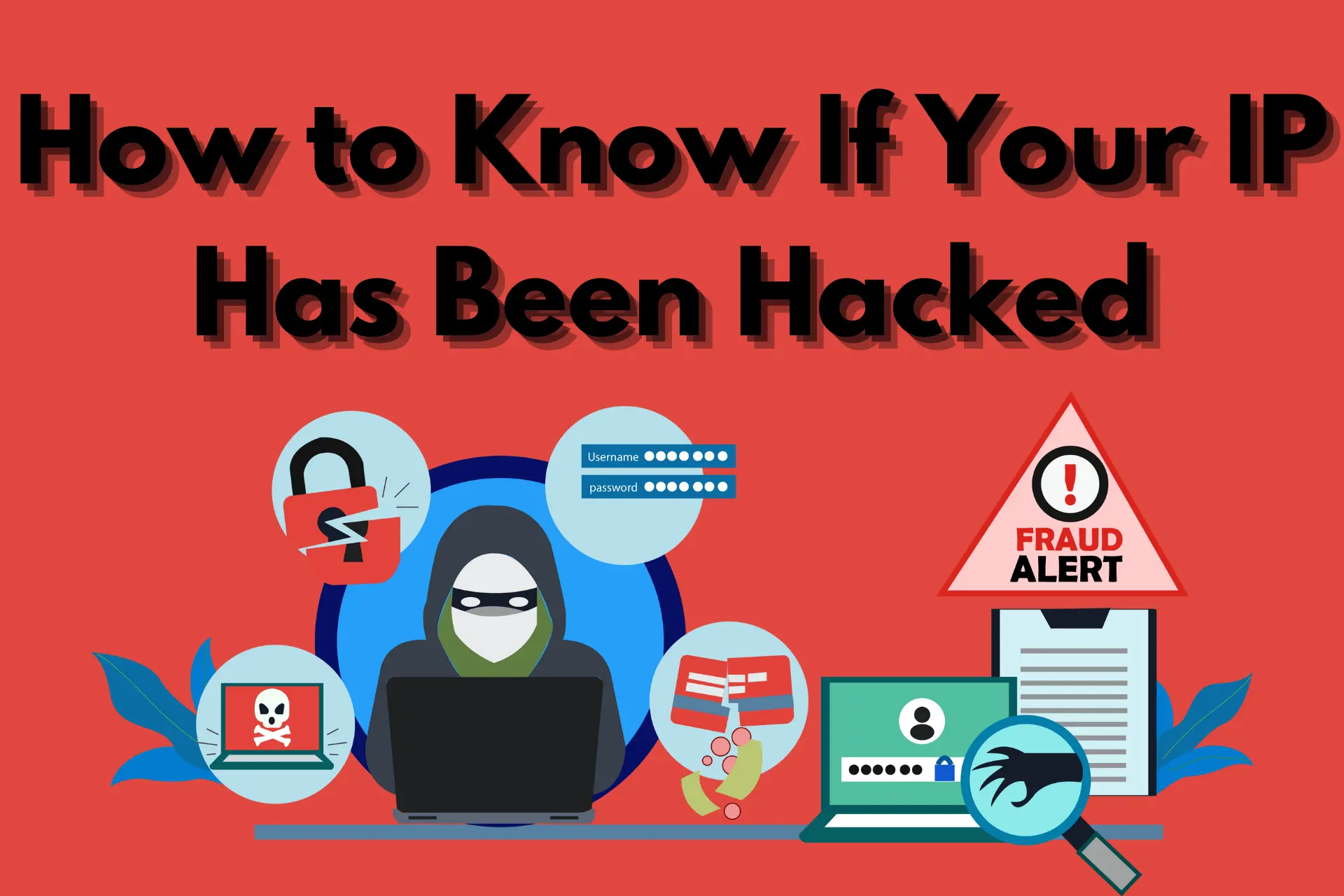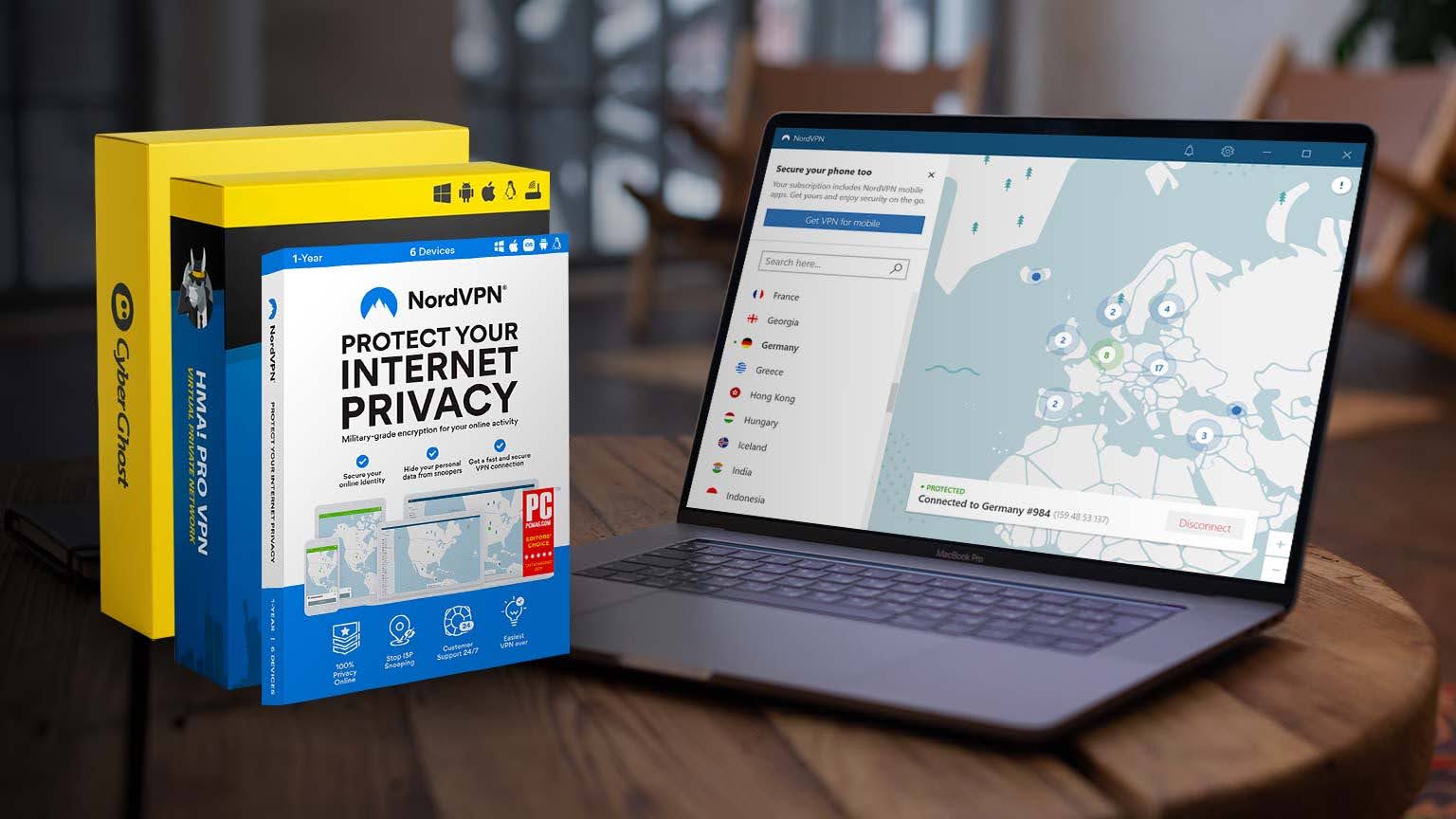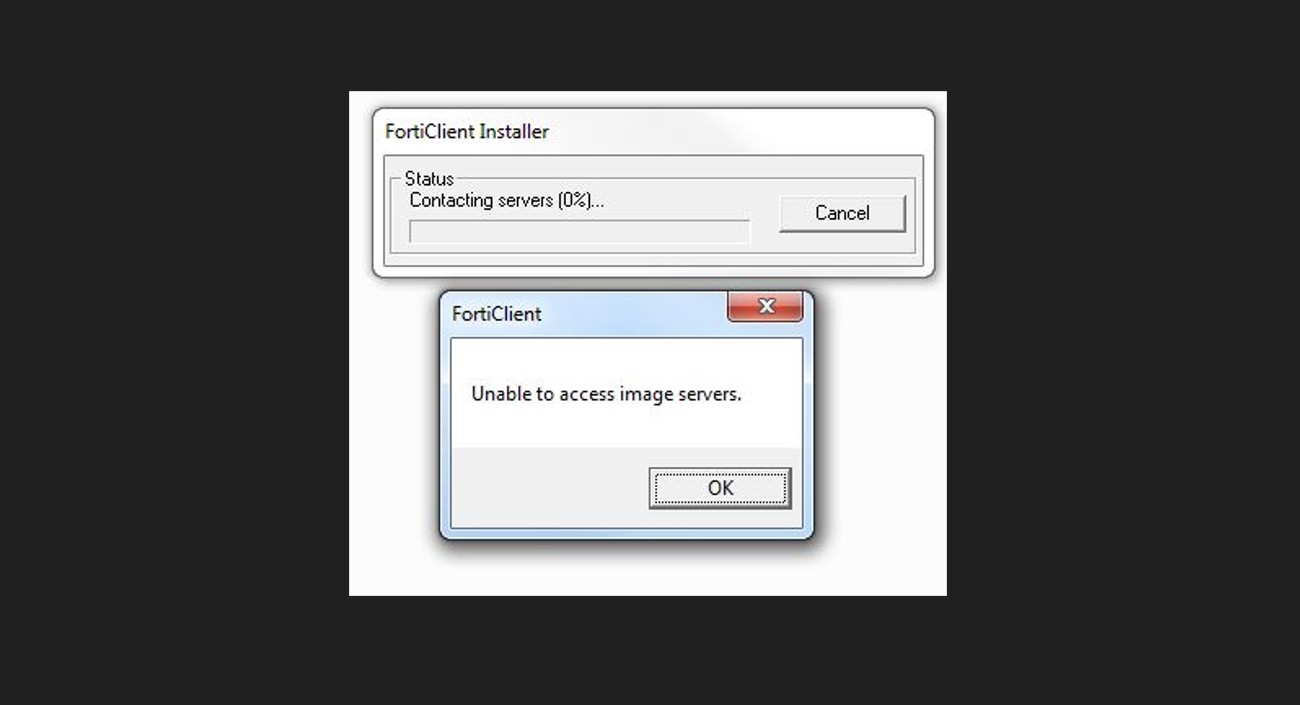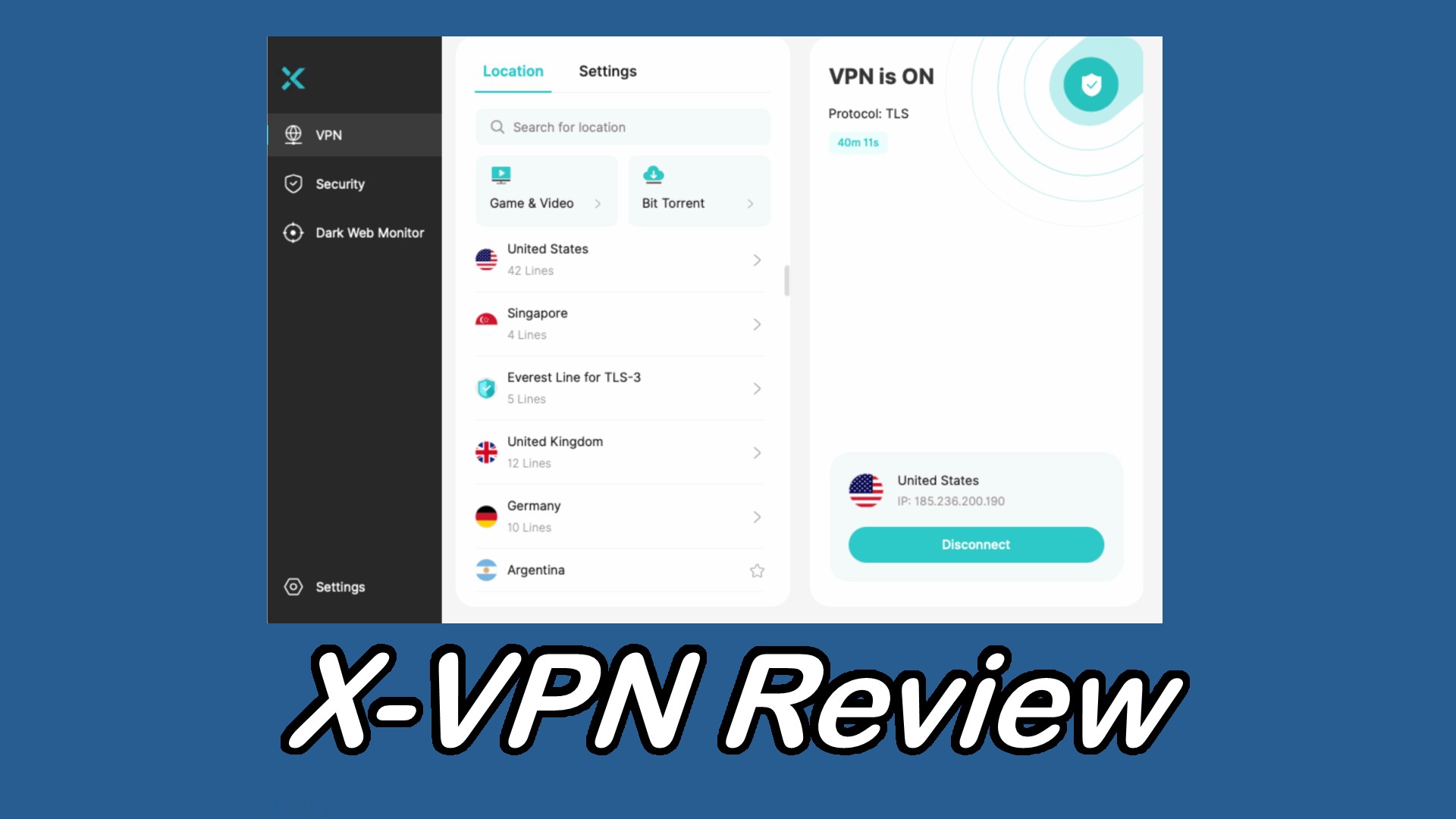How to Know If Your IP Has Been Hacked [+ How to Stay Safe]

Below, we’ll show you how to know if your IP has been hacked.
Getting your IP compromised is one of the fastest ways to put your identity in jeopardy. It’s the first step in many cyber attacks, making it easy to assess whether you’re a worthy victim.
This piece of information can reveal a lot about who you are. Through it, a hacker can determine the general location of your device when connected to the internet. It doesn’t reveal your sensitive data in itself, but it can point a bad actor in the right direction.
Considering that you automatically broadcast it online, is there a way to protect it?
Let’s find out!
Table of contents
- What is IP hacking?
- How to know if your IP has been hacked
- Remember if you ’ ve connected to unsecured WiFi
- Recall if you ’ve walked into a phisher’s trap
- Pay attention to mysterious web pages and annoying pop-ups
- Look for unfamiliar apps
- Notice slow or unstable internet connection
- Mind your device’s performance issues
- Check if your data usage has gone through the roof
- Be wary of remote access attempts
- Review your router’s system logs
- Ask your friends and loved ones about strange messages from you
- See if you can log into your accounts
- Don’t ignore IP bans
- Be on the lookout for data breach news
- Monitor network activity
- Watch out for the authorities
- What to do if your IP is hacked
- How to avoid IP hacking
- Summary
What is IP hacking?
IP hacking is when a cybercriminal gets a hold of your IP in order to remotely control the device it’s tied to.
When carried out against a web server, the attacker could deface its pages, collect private records from it, or flood it with fake traffic to shut it down.
When executed against a personal device, the hacker could infect it with malware or steal sensitive information in order to commit other crimes.
Now to the main topic:
How to know if your IP has been hacked
There are various signs that can reveal that your IP has been hacked.
They aren’t always apparent, however. Some of the obvious ones may even seem benign. But once you’re aware of these indicators, they’re hard to ignore.
To determine if you’ve fallen victim to an IP hack, you should:
Remember if you’ve connected to unsecured WiFi
Public WiFi networks are a hotbed of IP hacks. So, when you connect to one without taking extra measures to protect your traffic, you can assume that you’ve accidentally leaked your data to cybercriminals.
Recall if you’ve walked into a phisher’s trap
Interacting with a malicious link or file spells disaster. A hacker can grab your IP the moment you touch it.
Pay attention to mysterious web pages and annoying pop-ups
Finding yourself on a site you didn’t search for or seeing a browser window you didn’t open suggests that an attacker might be redirecting your traffic.
The same goes for dealing with intrusive messages about something you must attend to urgently.
Look for unfamiliar apps
Any program, add-on, extension, or browser toolbar that you don’t recognize can be a smoking gun.
Notice slow or unstable internet connection
If your internet is extraordinarily slow or unstable, it’s a cause for concern. It could be because the devices on your WiFi network have turned into zombies and are doing a cybercriminal’s bidding.
Mind your device’s performance issues
When your device suddenly becomes buggy or gets hot, it’s proof that something’s amiss. A hacker might be using your hardware’s resources for whatever purpose they see fit.
Check if your data usage has gone through the roof
Excessive data consumption is yet another piece of evidence that a hacker might be exploiting your internet connection.
Be wary of remote access attempts
Does your mouse appear to have a mind of its own? Is a piece of software installing itself? It’s not a ghost; it’s probably a hacker controlling your device remotely.
Review your router’s system logs
Taking a look at your WiFi router’s history may reveal if there are rogue devices connecting to your network.
To start your search, follow this guide:
- Open your web browser.
- Visit your router’s site to log in.
- Tap on Advanced.
- Proceed to System.
- Go to System Log.
- Browse through your router’s history and use filters to view specific items.
Mind you, the steps and options may slightly vary by router brand.
Ask your friends and loved ones about strange messages from you
If your contacts wind up on a hacker’s database, a fraudster may scam them while pretending to be you.
They may choose to take this route when those you know are a better target than you.
See if you can log into your accounts
Losing access to your social media or bank account is indicative of a successful hacking attempt. Chances are, the attacker was able to get a hold of your login credentials and change them to lock you out.
Don’t ignore IP bans
Blacklisting IPs is the knee-jerk reaction of web servers to ward potentially malicious actors off.
An attacker might get you banned on purpose in order to limit where you can go on the internet while they do their business.
Be on the lookout for data breach news
A hacker can obtain your IP by compromising the servers of the sites you visit. In the event of a data breach, the web host may notify you about the incident and disclose what types of data got leaked.
Monitor network activity
If you’re a company, you have to keep an eye on shady network traffic patterns. Good examples are DDoS attacks and large file transfers to foreign sites you haven’t heard of.
Watch out for the authorities
If a hacker uses your IP to break the law like infringing someone’s copyright, the police may come after you.
What to do if your IP is hacked
What you do afterward if your IP is hacked will be instrumental in stopping the bleeding. To keep worse from coming to worst, you should:
- Reboot your router – Going offline for a bit will mess with active malware on your network.
- Upgrade your router’s firmware – Frequent updates are important, as they weed out bugs and fix security vulnerabilities.
- Disable your router’s remote administration feature – This will restrict access to your internet connection and devices from faraway locations.
- Enable a newer encryption method like WPA2 – Setting up your router with an advanced security protocol is a must if you want to protect your network and all data traveling through it.
- Install an antivirus program and perform frequent scans – Knowing your device’s protection status and responding to threats right away is key.
- Strengthen your login credentials – Create strong passwords or use a password manager to make a hacker’s job as difficult as possible.
How to avoid IP hacking
Avoiding IP hacking completely is a Herculean undertaking. But you can reduce your risk by following these sage tips:
Subscribe to a VPN service
Using a reputable VPN allows you to broadcast its IP instead of your own, keeping your real address a secret whatever you do on the internet.
Plus, a VPN connection strongly encrypts your traffic, so no snooper can observe your online activity.
Go with a trustworthy browser
Web browsers are not created equal. Some are more private, while others put a premium on security.
If you want to surf the web with peace of mind, entrust your data to a browser that goes the extra mile to keep it out of harm’s way.
Keep all of your apps updated
Hackers will exploit every vulnerability they can find on your device. So, one of your best defenses is bug-free software.
Make it a habit to download the latest versions of your apps. Better yet, automate the update process when you can.
Steer clear of phishing schemes
Phishing methods evolve over time.
But as a general rule, don’t click on links or download attachments from unscrupulous messages. It can be difficult to distinguish them from legit ones, so use common sense to safeguard yourself from nefarious social engineers.
Sign up for data breach monitoring
Many companies, including VPN service providers, can scour that dark web and alert you when your personal information has reached the black market.
The sooner you know about a data breach, the faster you can take action to minimize the damage.
Summary
IP hacking is no laughing matter. At best, it can drain your data plan; at worst, it can put you behind bars.
Knowing if your IP has been hacked is the first step in dealing with and mitigating a cyberattack.
So, keep this helpful guide bookmarked to refresh your memory when you smell something fishy in the future.
Read our disclosure page to find out how can you help VPNCentral sustain the editorial team Read more






User forum
0 messages